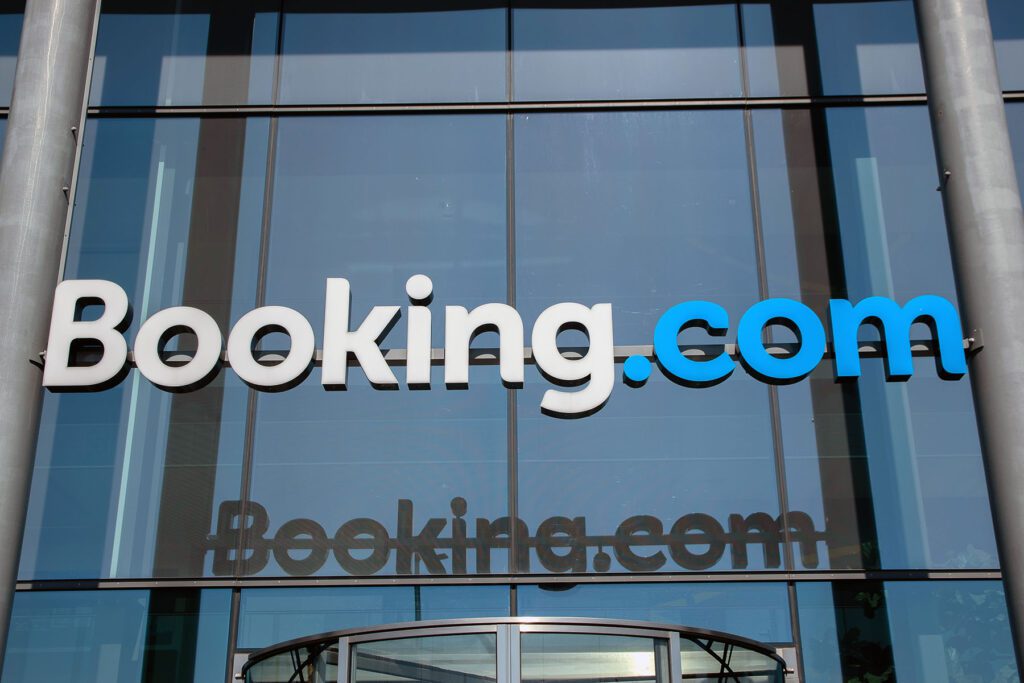
Skift Take
If the market imperative is for a company to grow, grow, grow, investors may be impatient about the pace at Booking Holdings.
In 2014, Booking Holdings — then called the Priceline Group — warned analysts that the 29% room night growth it achieved in the second quarter that year would decelerate over time.
Ten years later, during Booking’s second-quarter earnings call Thursday, Booking said that its quarterly room night growth of 7% was slower than the first quarter’s gain of 9% — and that the pace in the third quarter would be 3-5%.
Average daily rates also declined in the second quarter, driven by strong room night growth in Asia.
“As we look ahead to the third quarter, we believe room night growth will be impacted by a booking window that expands less than it did in Q2, as well as by the more moderate market growth we have seen in Europe, where our growth has remained stable from May through July,” CEO Glenn Fogel said during the call with analysts. “We expect that this will result in some deceleration in room night growth compared to Q2.”
The company’s share price was down more than 5% in after-market trading Thursday evening.
Booking’s outlook for the third quarter, which ends September 30, was for revenue growth of between 2% and 4%, and flat adjusted EBITDA.
Are the Glory Days Over?
One could make the argument that these trends give more credence to people who argue that the glory days of online travel — when companies could produce 29% room night growth — are over.
Still, in the second quarter, Booking Holdings saw its net income jump 18% to $1.5 billion, on revenue of $5.9 billion, a 7% increase.
Short-Term Rentals, Direct Bookings and Social Media
Booking’s roster of short-term rental listings — it calls them “alternative accommodations” — grew 11% year-over-year in the second quarter to 7.8 million. Chief Financial Officer Ewout Steenbergen said: “We continue to grow our alternative accommodation business faster than our overall business for our alternative [email protected].”
Fogel claimed that the company’s short-term rental business is now “more than two-thirds of the biggest player in the industry,” meaning Airbnb.
“We started from behind,” he said. Another company may have had a bigger head start on us … We think we’ve done a really good job catching up.”
Other highlights of the second quarter:
- Booking reported that its direct bookings — excluding its B2B business — are now in the low 60s as a percentage. Steenbergen called that “a game-changer.”
- The company reported spending more on social media marketing with attractive ROIs while phasing out channels that weren’t performing as well. “We are spending more on social media channels,” Steenbergen said. “That’s a very attractive channel for us where we are expanding now and where we are investing more, and we can do that it’s very attractive, incremental ROI. So it’s really an important point to really highlight the subtext to our marketing leverage.”
- Booking declared an $8.75 per share cash dividend, which is payable September 30.
